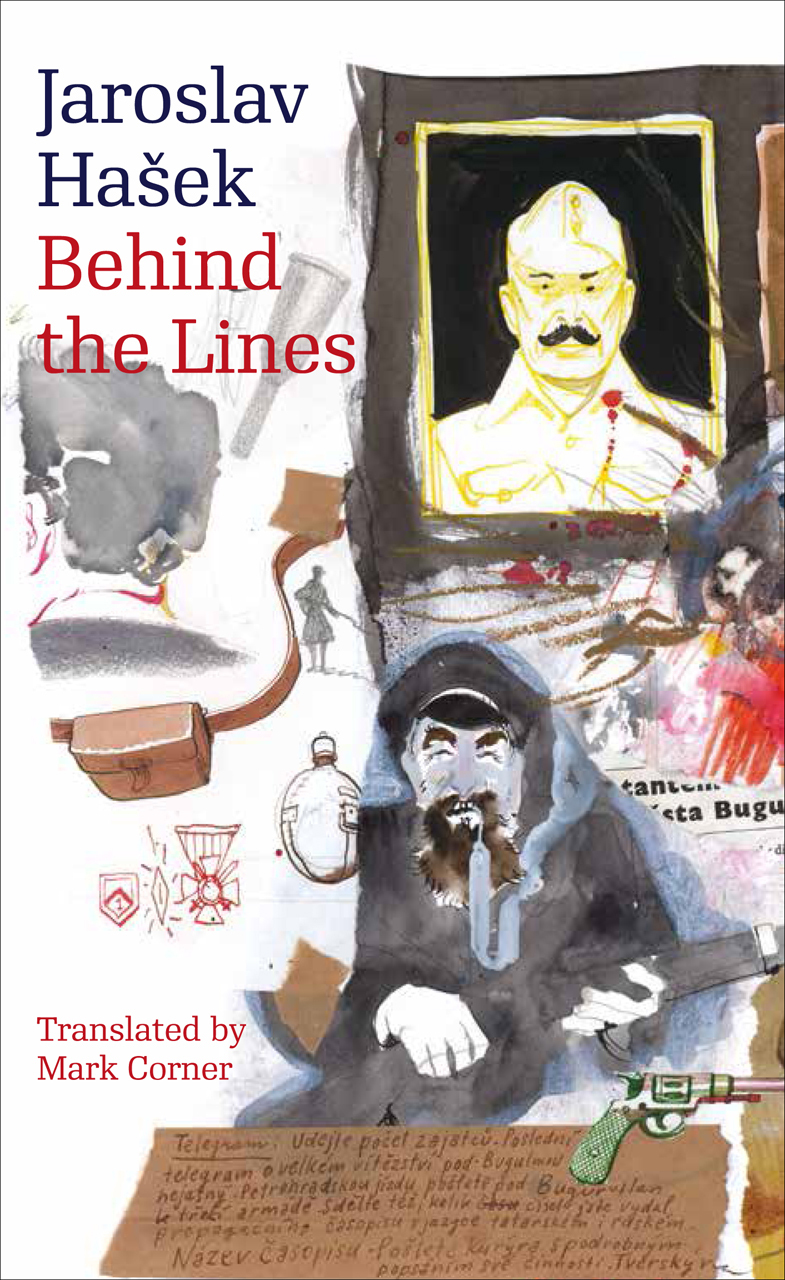What do you think?
Rate this book


110 pages, Paperback
First published January 1, 1921
To all citizens of Bugulma! This very day, following the fall of Bugulma, I have taken over as your Commanding Officer. I am hereby dismissing your former Commanding Officer [Gašek] from his post on grounds of incompetence and cowardice and am appointing him my second-in-command.
Yerokhimov, Commanding Officer of Bugulma
The third member of the revolutionary tribunal was the one with the most radical opinions of all. He had worked as a clerk for a Moscow lawyer who once provided sanctuary for the White General Kalenin when he was in hiding. This lawyer was, in Agapov’s words, the worst villain in the world, because he paid him no more than fifteen roubles per month. This was only a third of what he gave to the waiter in the Hermitage as a tip when the man brought him a slice of salmon, asking in return merely that the man would let him spit in his face.
His whole appearance highlighted the fact that all the events preceding the fall of Tsarism had turned him into something cruel and implacable, a hard and terrible human being. He had settled accounts long beforehand with those who paid him those miserable fifteen roubles. He was a man doing battle with phantoms of the past, bathing his surroundings wherever he went in the dull glow of suspicion and making out the forms of traitors unknown.